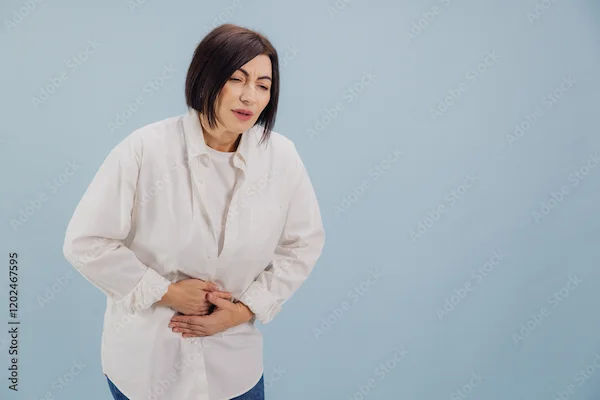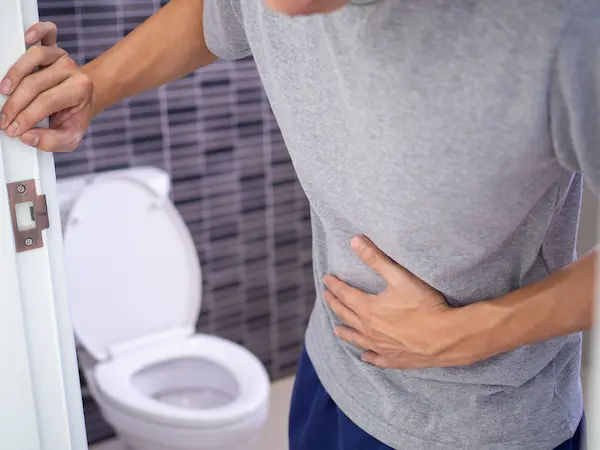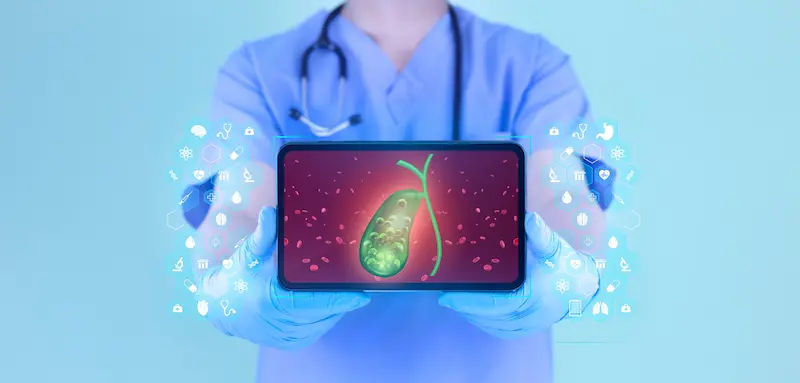- female
- 40 Years
- 14/08/2025
I've been dealing with slow transit constipation and HiFiber seems to be making it worse. My doctor advised against long-term laxative use but I'm not seeing improvement. Could surgery be a viable option for my condition?
Answered by 1 Apollo Doctors
kindly share report
Dr. Dhankecha Suggests...
Consult a Gastroenterology/gi Medicine Specialist
Answered 14/08/2025
0
0

More Gastroenterology/GI medicine Health Queries
View allI'm dealing with this problem where every time I have a bowel movement, it always feels like I'm not done. It's like, I eat or drink something, and then I immediately feel like I have to go to the bathroom again. The stools are really mushy, sometimes thin, and not in that regular bulk shape. Plus, they come with this burning sensation when passing through. I've tried taking ofloxacin oridazole tablets, and that seems to stop these frequent bathroom trips for a bit. Also, I get cramps under my left rib cage, kind of where my stomach is, and I tend to burp after eating or even just drinking water. Could you help me figure out what's going on with my body?
After a rat bite, it's essential to complete the full post-exposure prophylaxis (PEP) regimen. Typically, the regimen includes: 1. Immediate washing of the wound 2. TT (Tetanus Toxoid) injection 3. Anti-rabies vaccination series (usually 2-3 doses, depending on the vaccine type) Consult your doctor or the healthcare provider who administered the initial injections. They will assess the situation and advise on the need for additional anti-rabies injections.
Answered by 1 Apollo Doctors
I've been having this issue where whenever I drink water, it seems to create gas in my stomach, and for a while afterward, I feel this heavy discomfort, almost like my stomach is full. Is this something I should be worried about? Is there something I can do to stop this from happening?
It sounds like you may be experiencing bloating or excess gas in your stomach after drinking water, which could be due to swallowing air (aerophagia) or sensitivity to certain temperature or mineral content in the water. Its advisable to drink water slowly and in smaller sips to minimize discomfort. If the issue persists, a consultation with a gastroenterologist may help identify any underlying conditions.
Answered by 1 Apollo Doctors
I have a 12mm gallstone and really want to avoid surgery or removing my gallbladder are there any effective ways to dissolve it naturally? I've heard mixed things about medications or home remedies but not sure what actually works for a stone this size
The advised treatment is laparoscopic cholecystectomy , which involves surgical removal of gall bladder.Since the stone size is larger surgery is recommended procedure to the patient.
Answered by 1 Apollo Doctors
Disclaimer: Answers on Apollo 247 are not intended to replace your doctor advice. Always seek help of a professional doctor in case of an medical emergency or ailment.




